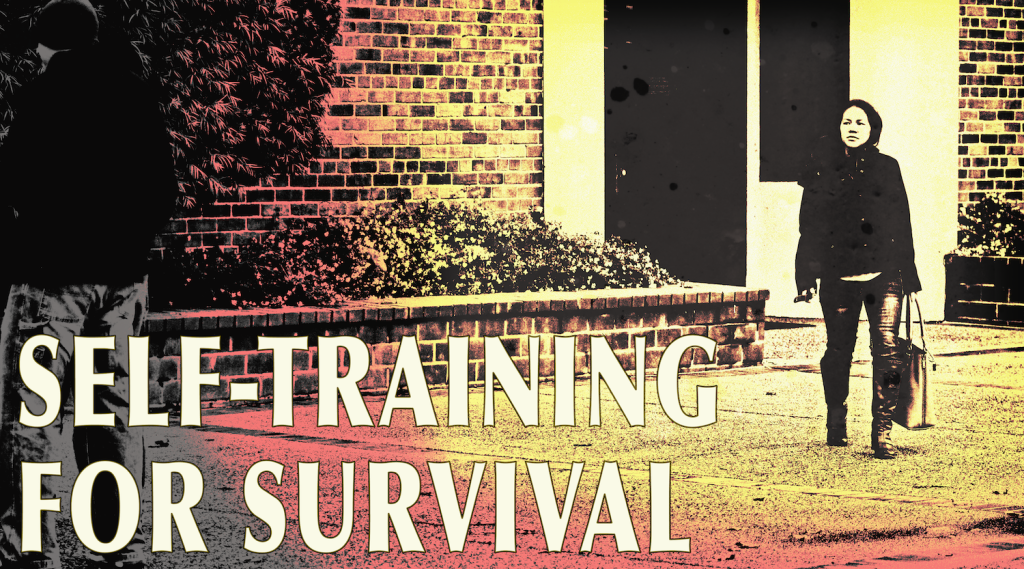“If it can happen, it will happen.” – Murphy’s Law (variation)
Our reality is changing. With the rise of global communication, the world has become smaller. We are now exposed to a greater variety of events, thoughts, and risks than ever before.
This fact poses the question: What is “safety” in this new world?With a few clicks we all have access to an enormous amount of knowledge. This is a big door, and like any door, it opens two ways. While we can use this door to access useful information, it also opens us up to destructive forces. Terror organizations have adapted their ways of communication and have incredible global reach. They do not need to wear uniforms, or carry flags. They do not need specific operational areas, or even coordinate with each other. They can hit everywhere, at any time.
My goal here is not to cause panic or cause a drastic change in your private life. Terror isn’t the only danger we face, it can take many shapes: a car crash, a fire, an earthquake. Any other imaginable disaster that hits us out of nowhere.
If everyday tragedies can and will happen, what do we do to prepare ourselves? Not everyone has the means to train in a gym, nor the time required to dedicate themselves to a practice. In an ideal world, we should, but reality is different for every individual.
Here’s the thing: Our goal must be to prepare ourselves as individuals for disaster scenarios. We don’t need to be special forces, anti-terror, or special rescue personnel. We must alter our natural responses, which we can do through self-training.
What can we do on our own to help us to survive and help others?
“Self-training” is a way to build the basic and proper mental and technical training without having to change our daily routine or impact our busy schedules. Many of these techniques are free.
- Build Awareness—Train yourself to be aware. Be aware of your own actions and activities. Be aware of the surrounding activities near and far. Trust your gut instinct (for example, if the building looks unsafe, don’t enter). Always know your best escape routes.
- Build Skills—Know and mentally practice the correct protocol for responding to common disasters (moving to high ground in floods, seek shelter during tornadoes, “Drop, Cover, Hold” for earthquakes, “Run, Hide, Fight” for active shooters, and so on). Take classes or workshops that provide you the right skills to deal with these scenarios (practical first aid class, self defense classes).
- Build Knowledge—Read a book. Listen to a podcast or a lecture. Watch training videos. Expose yourself to more than what you hear or read in the news.
Be active, not passive.
“So that one may walk in peace.”
Danny Zelig

2 Responses to “Self-Training for Survival”
Dennis Drake
Am interested in learning this martial art for my own survival personal use.
I think its a good form of sef defence, and I want to know more about it.
Thanks much
Dennis R. Drake
V Tactica
Hi Dennis,
Here is the link to our locations, come on by for a trial class.
http://www.kravmagainstitute.com/locations/